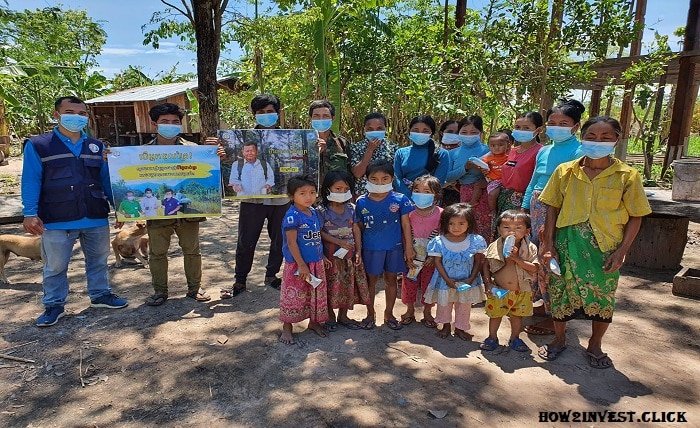Community Engagement in Malaria Control: Empowering Local Solutions

Effective malaria control requires a collaborative approach involving multiple stakeholders, including governments, healthcare providers, non-governmental organizations (NGOs), and most importantly, local communities. Community engagement plays a pivotal role in malaria control efforts by empowering individuals and communities to take ownership of prevention, treatment, and surveillance activities. In this article, we explore the importance of community engagement in malaria control and highlight the benefits of empowering local solutions.
The Importance of Community Engagement:
Community engagement is essential for achieving sustainable malaria control and elimination goals for several reasons:
- Local Knowledge and Expertise: Communities possess valuable knowledge about malaria transmission dynamics, vector breeding sites, and cultural practices that influence malaria prevention and treatment behaviors. Leveraging local knowledge and expertise can inform the design and implementation of targeted interventions that are culturally appropriate and context-specific.
- Behavior Change and Adherence: Community engagement fosters behavior change and promotes adherence to malaria prevention and treatment practices. By involving community members in decision-making processes and health education initiatives, interventions are more likely to be accepted, adopted, and sustained over time.
- Access to Healthcare Services: Community engagement improves access to malaria diagnosis and treatment services by addressing barriers such as distance, cost, and cultural beliefs. Community-based interventions, including mobile clinics, community health workers, and outreach programs, bring essential healthcare services closer to those in need.
- Surveillance and Response: Engaging communities in malaria surveillance activities, such as reporting suspected cases and monitoring mosquito breeding sites, enhances the early detection and response to malaria outbreaks. Community-based surveillance systems can complement formal health systems and provide real-time data for informed decision-making.
Empowering Local Solutions:
Empowering local communities to take ownership of malaria control initiatives involves several key strategies:
- Participatory Approaches: Engage community members in participatory approaches such as community meetings, focus group discussions, and participatory action research. These approaches promote dialogue, collaboration, and shared decision-making, leading to more effective and sustainable malaria control interventions.
- Capacity Building: Build the capacity of community members, including community health workers, traditional healers, and community leaders, through training programs on malaria prevention, diagnosis, and treatment. Equipping community members with knowledge and skills empowers them to become active agents of change within their communities.
- Community-Based Interventions: Implement community-based interventions tailored to the specific needs and context of local communities. Examples include the distribution of insecticide-treated bed nets, indoor residual spraying campaigns, larval source management, and community-led health education campaigns.
- Strengthening Partnerships: Foster partnerships between communities, government agencies, NGOs, and other stakeholders to leverage resources, expertise, and support for malaria control efforts. Collaborative partnerships facilitate the sharing of best practices, coordination of activities, and mobilization of resources for sustainable impact.
Case Studies in Community Engagement:
Several successful initiatives demonstrate the power of community engagement in malaria control:
- The Community Health Worker Model in Ethiopia: Ethiopia’s Health Extension Program trains and deploys community health workers to deliver essential health services, including malaria prevention and treatment, at the community level. This decentralized approach has contributed to significant improvements in malaria outcomes and healthcare access in rural communities.
- Community-Led Indoor Residual Spraying in Zambia: In Zambia, community members actively participate in indoor residual spraying campaigns by identifying households, preparing homes, and coordinating spraying activities. This community-led approach has enhanced coverage and acceptance of indoor residual spraying, leading to reductions in malaria transmission.
- Malaria Volunteer Networks in Thailand: Thailand’s Village Malaria Workers program engages local volunteers to conduct malaria surveillance, case management, and health education in remote and high-risk areas. These volunteers play a crucial role in detecting and responding to malaria outbreaks, particularly along international borders.
Conclusion:
Community engagement is a cornerstone of successful malaria control efforts, empowering local communities to drive meaningful change and improve global health outcomes. By harnessing local knowledge, promoting behavior change, and strengthening partnerships, community-led initiatives can complement formal healthcare systems and contribute to the sustainable control and eventual elimination of malaria. Investing in community engagement strategies is essential for building resilient health systems and achieving universal health coverage for all.




